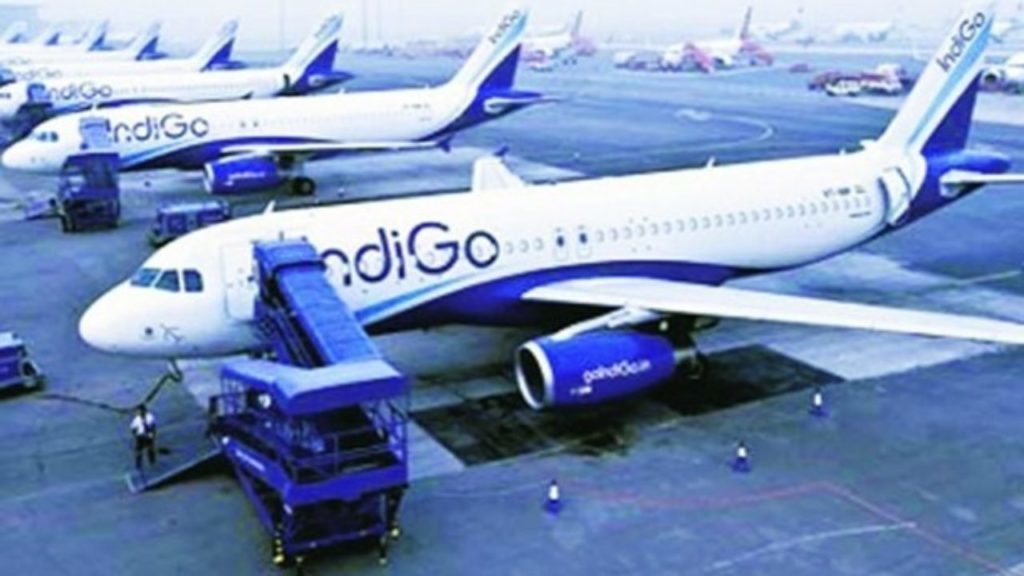The Indian low-cost airline, IndiGo appears to be reiterating its target of taking the aircraft count to more than 600 by 2030, with orders of 925 planes yet to be delivered hence planning to Take International Capacity Share to 40% by FY30.

IndiGo Taking International Capacity Share To 40%
So far, the Gurgaon Headquartered company has gained more than 400 planes in its fleet.
By the end of fiscal 2026, the company expects A321 XLR deliveries with one aircraft delivered every week during the year.
This arrangement is similar to the arrangement of fiscal 2025.
With all this in place, the airline is planning to launch services on routes across Asia and Europe.
Besides this the airline plans to add 14 more destinations in FY26 as it expects capacity and passenger traffic to grow by double digits during the year.
The airline sees a great opportunity to tap into the long haul flight services market from India, said IndiGo chief Pieter Elbers on Tuesday.
Further emphasising on internationalisation being the key focus area for the airline.
Moving ahead, Elbers noted “International air travel in India probably for quite a long time was very much taken care of by non Indian airlines…there is a great opportunity to address that market (long haul) with our planes.”
To start with, they have plans to commence their services to Amsterdam and Manchester this year.
Emergency Slider Opening Incident On IndiGo Plane
Prior to this IndiGo was in the news as one of passengers on an IndiGo flight mistakenly pressed the emergency exit button, causing the emergency slide to open before takeoff on Wednesday.
This incident seems to have occurred on IndiGo flight 6E 5161 (Delhi to Leh), which was scheduled to depart at 9 AM and arrive in Leh at 10:30 AM.
The crew immediately reported the incident following the Standard Operating Procedures (SOPs).
They offloaded the passenger, and handed him over to the authorities concerned.
Lateron, the airline issued a statement confirming the mishap and apologised to other passengers for the unexpected delay.
Moving ahead, the aircraft required technical reinstallation of the slide before it could resume operations, leading to a delay.
The incident seems to have occurred with the aircraft identified as an Airbus A320.












